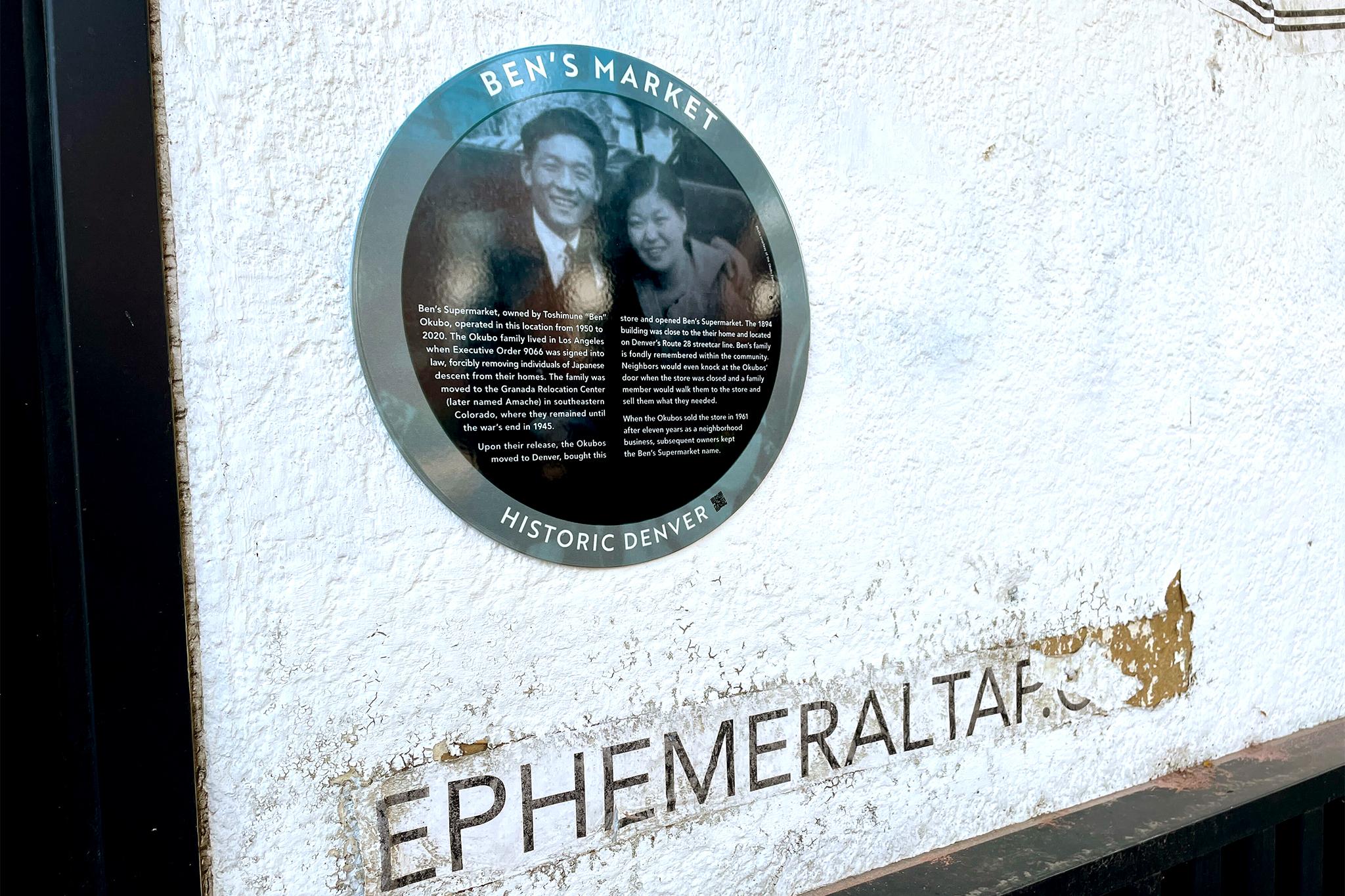After a panel discussion of the political, an audience member raised the personal.
Blake Angelo had just described his proposal on the Denver ballot to increase the sales tax by .08 percent to raise an estimated $11.2 million in the first year and some $100 million over a decade to feed young people and educate them about nutrition.
Marquel Houghton told Angelo: “I was one of those kids that needed that breakfast or that lunch. So I appreciate what you’re doing.”
Angelo’s was one of six ballot questions explored during the event organized by the Orbis Institute, a nonprofit usually focused on training young leaders to think globally. Orbis House in City Park was turned over to local action for Tuesday evening’s panel.
Several of the 30 or so attendees said they welcomed help navigating a crowded ballot. Kaela Martins, who advises businesses on sustainable practices, said it was a chance to hear about proposals she had not yet had a chance to read up on.
"The healthy food one was one I was excited to hear about," she said.
In addition to choosing among candidates for federal and state offices, voters were considering a bevy of proposed changes to the state constitution and regulations and nine questions in Denver.
The Orbis House panelists did not try to take all that on. They discussed their support of Amendment 73, which would increase funding for schools in part by introducing a graduated personal income tax rate for people earning more than $150,000 a year; statewide Proposition 112, on oil and gas setbacks; Referred Measure 2E on campaign finance in Denver; and Initiated Ordinance 301 on funding mental health care in Denver. A speaker opposed Amendment 74, which asks voters to expand the circumstances in which governments must compensate owners if official action reduces property values.
Angelo spoke last, fitting as his Initiated Ordinance 302 on food is on the last of the six pages of the Denver ballot, the city's longest ever. Houghton, a recent University of Denver graduate who just started his own property restoration company, said he hadn’t known about 302 until he started filling out his ballot this week.
After opening remarks and a question and answer session, the speakers scattered throughout Orbis House for small group discussions. Ally Fried, a middle school ESL teacher and Orbis Fellow, approached Angelo in the foyer and described keeping snacks on hand for her students.
Angelo said he has found that when people hear about his proposal they are often receptive. After gathering petition signatures to get on the ballot, he and volunteers have been going door-to-door and holding public events as well as spreading the word on the internet. The proposal has been endorsed by nonprofits who feed the hungry and the homeless, as well as by church groups and the American Heart Association and the American Diabetes Association.
Angelo contrasted the struggles of many families in Denver with Colorado’s reputation for being a healthy state and its booming economy.
“What is the reality of our community that on the surface looks so prosperous?” said Angelo, a former manager of food systems development in Denver’s Office of Economic Development and a former Colorado State University extension agent for Denver County
According to city figures, nearly one in five children in Denver are experiencing food insecurity or hunger and nearly 70 percent of Denver Public School students are eligible for free or reduced lunch.
If the initiative passes, a 13-member Denver Food Commission would be created to review applications and make grants to nonprofits and others who are already feeding kids from low-income families, holding cooking classes and doing other work to reduce hunger. The tax would expire after a decade.
What’s known as the Healthy Food for Denver Kids initiative has no organized opposition. But new taxes can be hard to sell. The Denver Post editorial board has called on voters to reject 302 as well as 301 and two other proposals that would increase the sales tax, one for a scholarship fund and another for parks.
The Post said the four would “expand government to unsustainable areas.” It called on voters to send “a message that if a project is worthy of funding it should go through the appropriate channels of government.”
Angelo said his proposal gives voters a chance to make choices about how public funds are used.
“This is an important way for voters’ voices to be heard,” he said.













